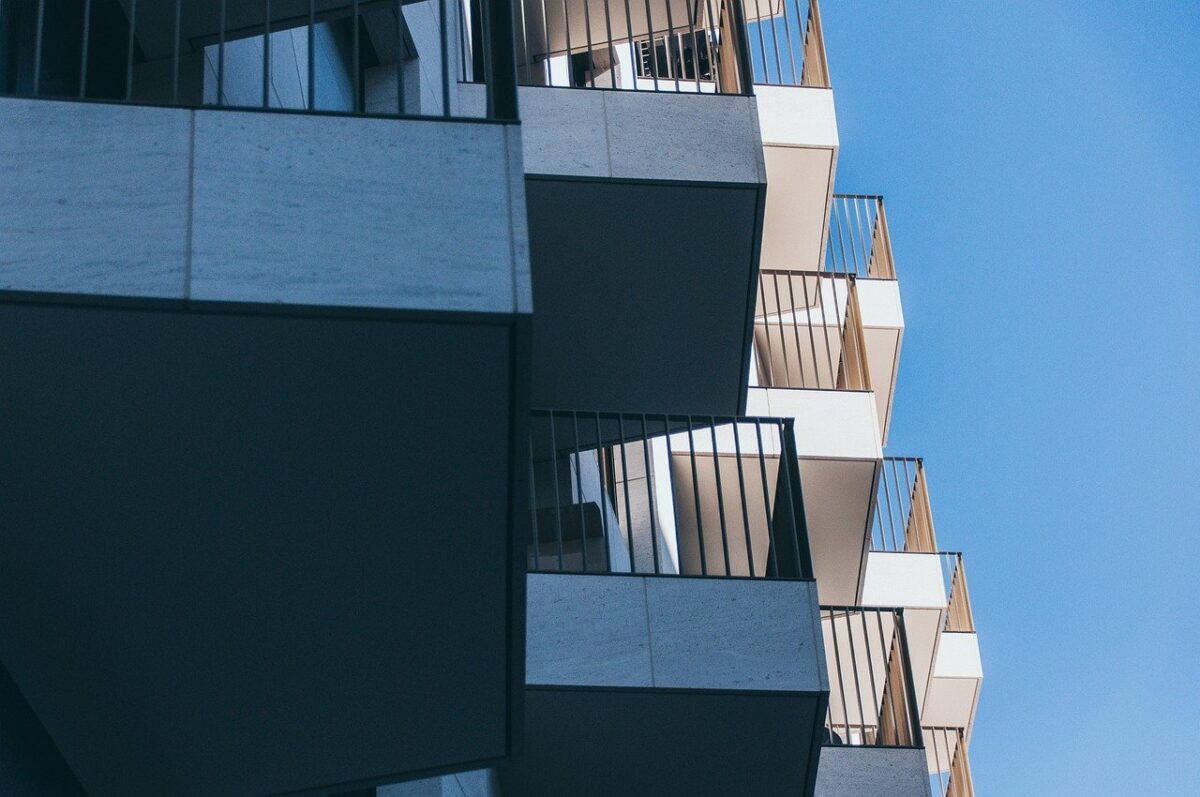NEN has warned Dutch consumers about deploying balcony PV systems without taking precautions to avoid risks associated with these do-it-yourself solutions.
“Incorrect placement or connection can lead to dangerous situations,” the authority said in a statement. “The solar panels can blow away or sink through the roof, while an incorrect connection can cause a fire.”
Regarding the modules' wind and load-bearing capacity, NEN said that systems must be properly weighted, either with paving stones or water-filled plastic containers. The required weight varies depending on several factors, and installation manuals often lack sufficient details.
The authority said that this calculation should follow the Dutch standard NEN 7250, which outlines the application of solar energy systems or building elements with photovoltaic or thermal systems as integrated or stand-alone components of a building's external structure.
“With the containers that have to be filled with water, there is a real risk that the water will disappear over time due to evaporation or leakage, for example if the containers freeze, making the set too light,” the NEN explained. “Adding a lot of weight to ensure that the solar panels do not blow away is also not a good idea. If the system becomes too heavy, it could sink through the roof.”
NEN said that if a washing machine or tumble dryer shares the same circuit with solar panels, excessive current could overheat the cables, potentially leading to a fire.
It also noted that installation manuals often lack clarity on how to properly connect solar panels to the inverter. “Some manuals and instruction videos even contain errors,” it said. “Incorrect connection can cause fire, for example when plugs are not clicked together properly.”
The authority also warned that some user manuals suggest connecting multiple sets through extension cords, which can cause overload and fires. “These risks are not or insufficiently mentioned,” said NEN.
This content is protected by copyright and may not be reused. If you want to cooperate with us and would like to reuse some of our content, please contact: editors@pv-magazine.com.




The solar panels’ -sinking through the roof- and not being attached by better than weights (on the balcony) might deserve better treatment, but at least they didn’t lead with Dumb Ways To Die.
NEN might have gone with the Firefighters Union and said No, we will not fix your balcony solar power for only €30 subject availability.
But high risk electric cars charging in an underground parking is perfectly fine. When it catches fire the whole building can be torn down and all owners loose their property on a cheap buy out from insurance which never covers 100% value.
Dutch people need to wake up and stand up to this non sense. Stop pretending you can buy latest and greatest on a loan.